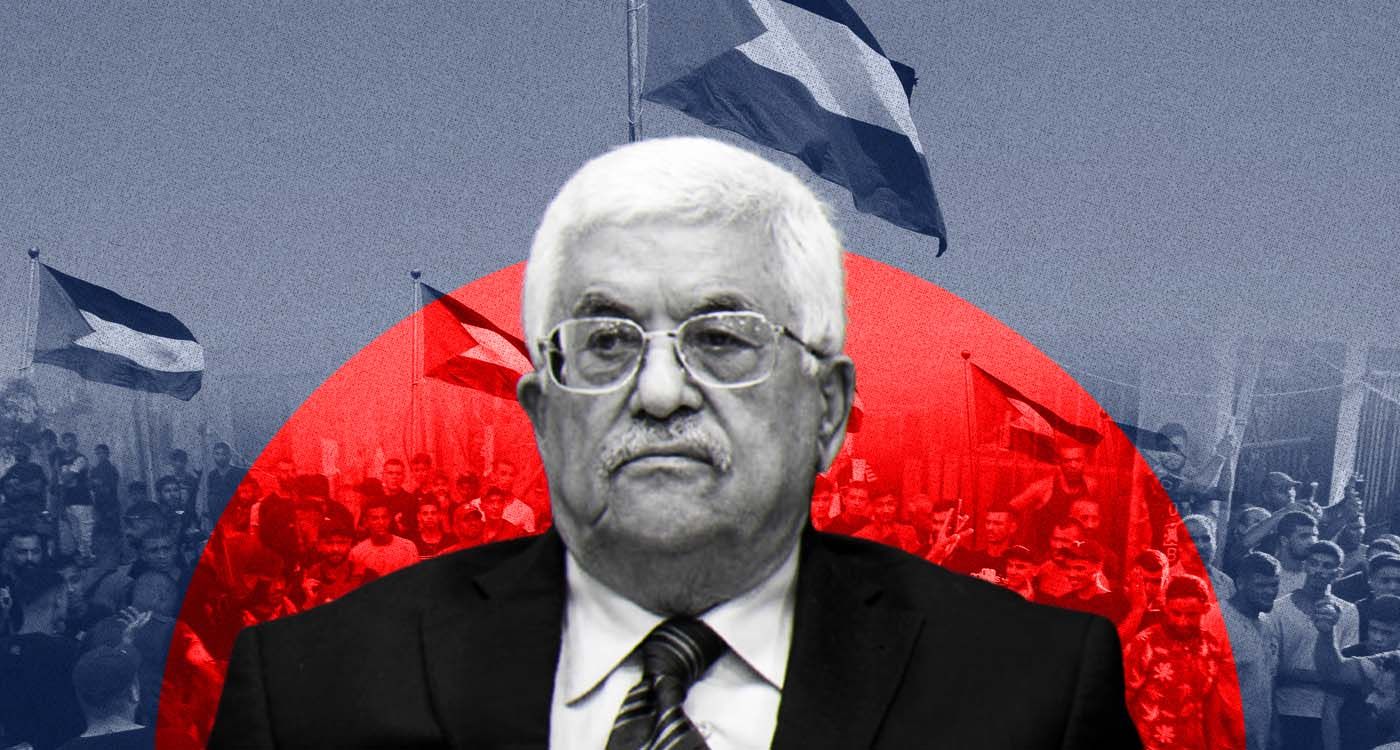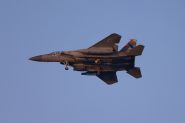
As Lebanon embarks on a new phase in restoring its sovereignty, Palestinian President Mahmoud Abbas’s visit on May 21 could signal a turning point in the handling of the Palestinian camps. Central to the talks are the disarmament of armed factions, the future role of the Palestinian Authority, and the possible redefinition of a decades-old security arrangement.
The Palestinian issue has long weighed on Lebanon, with consequences that have directly undermined its sovereignty. The Hamas-led assault on Israel on October 7, 2023, shook the region and left little room for any return to the old status quo. As the political landscape across the Middle East continues to shift, Lebanon faces its own urgent challenges—starting with the issue of armed Palestinian factions on its soil.
In this context, Palestinian President Mahmoud Abbas is set to visit Beirut on May 21. At the heart of the visit: disarming the factions, extending Lebanese state authority over the camps, and advancing an Arab-led plan for regional peace.
Mahmoud Abbas’s visit comes shortly after Lebanese authorities’ arrest of several Hamas members suspected of firing rockets into Israel from Lebanese territory. These unclaimed attacks took place last March, and the Lebanese army detained the suspected individuals.
Since President Joseph Aoun took office and the new government under Prime Minister Nawaf Salam was formed, Lebanon has embarked on a complex, multi-layered path—one that would have seemed unattainable just a few years ago. Key priorities include disarming Hezbollah, asserting full state sovereignty across Lebanese territory, demarcating land borders with Syria, and cracking down on smuggling networks. While there are no guarantees these objectives will be fully realized, the current landscape has undeniably shifted.
After a prolonged conflict with an Israeli state determined to reshape its regional environment in the name of “security and stability,” Hezbollah emerged considerably weakened. Several of its leaders were eliminated, its supply routes severed, and its popular support deeply fractured. With Iran’s tacit consent, the group ultimately accepted the ceasefire agreement signed on November 27, 2024, between Lebanon and Israel, effectively ending all operations against Tel Aviv—despite near-daily Israeli airstrikes targeting its positions, personnel, and weapon stockpiles.
Hamas’s position in Lebanon is equally precarious, confronted with challenges similar to those outlined earlier. It is within this complex context that the Palestinian president will make his strategic moves.
An Enduring Lebanese Debate
Mahmoud Abbas has long maintained this position. In 2008, during Michel Sleiman’s presidency in Lebanon, he proposed placing the security of Palestinian camps under Lebanese state control. At the time, this initiative was blocked by Hezbollah, Syria, Hamas, and the Popular Front for the Liberation of Palestine (PFLP), all determined to preserve their influence over these enclaves, which have long been leveraged for regional interests.
Today, the context has shifted. In recent months, Lebanon has steadily moved toward centralizing security under state authority, gradually dismantling weapons stockpiles outside the Palestinian camps—especially in Qoussaya and Naameh, where the PFLP remains deeply entrenched, according to well-informed sources.
The objective regarding the military arsenal within the camps is clear: to keep the heavy weapons stockpiles under the control of the Lebanese army, while addressing individual firearms—considered less strategic—through a separate process.
A coordinated disarmament plan is currently being developed. According to security sources, the Lebanese state now has a detailed map of Hezbollah’s weapons caches, thanks to intelligence provided by the United States.
A Risk-Laden Visit?
During the Baghdad summit last Saturday, Mahmoud Abbas reiterated key positions that underscore his vision for Palestinian governance. He reaffirmed that the Palestinian Authority remains the sole legitimate governing body of the West Bank and Gaza. Abbas also emphasized the necessity of an Arab peace initiative based on three pillars: a full ceasefire, the release of all hostages, and unhindered humanitarian aid access.
However, it was another statement from Abbas that struck a particular chord in Lebanon: “No weapons should exist outside the Palestinian Authority.”
This declaration carries significant implications. Lebanese military reports have cautioned about potential security tensions following Abbas’s visit to Beirut, especially between Fatah—the Authority’s representative—and rival Palestinian factions like Hamas and the PFLP, both opposed to any move toward power centralization.
Estimates of the Palestinian population in Lebanon vary. Officially, about 200,000 Palestinians live in the country across 12 recognized camps. In February 2025, the local UNRWA office reported 222,000 Palestinians residing in Lebanon, including 195,000 Palestinian Lebanese and 27,000 Palestinians from Syria. Other sources put the number closer to 400,000. This discrepancy stems largely from UNRWA’s voluntary registration system. According to the UN agency, “deaths and emigration often go unreported, and refugees may continue to register newborns even after relocating abroad through UNRWA’s online registration system.”
Since 1948, many of these refugees have lived in precarious conditions, often in densely populated and poorly equipped areas. The most well-known camps—Aïn el-Helweh near Sidon, Bourj Barajneh south of Beirut, and Nahr el-Bared in northern Lebanon—frequently make headlines due to internal factional clashes or security operations carried out by the Lebanese army following outbreaks of violence.
Over the years, Palestinian factions have built parallel structures within the camps, where weapons circulate freely. Meanwhile, the Lebanese state maintains security control around the camps but does not enter the camps themselves—an unspoken balance established after the civil war.
If Mahmoud Abbas’s plan gains traction in Lebanon, a framework for shared control could take shape. However, this would demand concessions from all parties—including Hezbollah and Hamas—and strong political will to transform a longstanding security compromise into full state sovereignty.



Comments